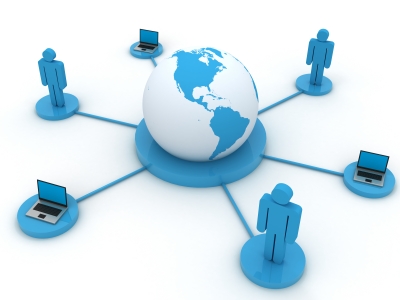
30 May The Importance of Interoperability to HIT Organizations
Interoperability is essential to a smoothly-running HIT organization. It’s the functionality that enables healthcare decision makers to access data from multiple sources and utilize it to improve outcomes. Unfortunately, it can be challenging to find qualified candidates with interoperability experience.
To find the best talent with the right skills, get in touch with FSUSA today. Call us at (972) 999-1677 or visit us on the web.
What is Interoperability?
First of all, it’s very important to know that HIT interoperability is not the same thing as a health information exchange. The exchange refers to the technology used to move information from one place to another. For more information, we invite you to read our article on HIEs.
The interoperability is how the different technologies work together and “talk” to one another. Being able to integrate and use data from different systems is critical to how healthcare information can be understood and used. It is the ability of a healthcare IT system or software to
- communicate
- exchange
- make use of information from another system or software
The critical element here is the unimpeded flow of information between different systems.
Why is it important?
There are three big reasons why it’s critical for systems to work together flawlessly. Healthcare providers are tasked with managing these challenges:
- Multiple participants joining healthcare environment, including providers, employers, patients, payers, and even technology support providers
- Standards in healthcare data collection, storage, and sharing are evolving to better meet stakeholder needs
- New technologies being developed to aid stakeholders in providing better medical care
With so many sources of data and stakeholders who need to input, access, and use healthcare data, interoperability will save time and money, not to mention dramatically reduce the likelihood of error. Ultimately this will result in improved patient outcomes.
How can interoperability be achieved by healthcare organizations?
It’s actually fairly simple, although not always easy or inexpensive. Data analytics and healthcare data research need to be accessible to stakeholders via investments in computerized systems and software designed for these functions.
Healthcare providers need to use available tools and resources to ensure all data is up to date, accessible for modification, and useful for decision-making. This includes hiring staff members who are either experienced in these systems or who are open to training.
The goal of focusing on data analytics and healthcare data research is to improve healthcare outcomes for patients, and that is the “big picture” goal that interoperability is designed to help stakeholders achieve.
What skills do HIT employed need in these types of positions?
A lot of technical experience is necessary, especially HIT systems and project management.
- Enterprise EHR systems (e.g. Epic, Cerner, Allscripts)
- Experience working in the healthcare industry
- Experience with EHR interfaces engines
- Health system communication protocols: HL7 (ADT, ORU, ORM, SIU), FiHR, XML, JSON
- Experience facilitating Agile, Scrum, or other rapid application development teams to deliver technology solutions on time, on budget and to spec
- Knowledge of cloud computing and web services
- Excellent communication skills
Working with 1st Solution USA gets you access to experienced candidates who have the skills to implement and work with multiple systems. Partner with a dedicated, experienced recruiter to help you get the talent you need. Contact us online today – or just call (972) 999-1677.
